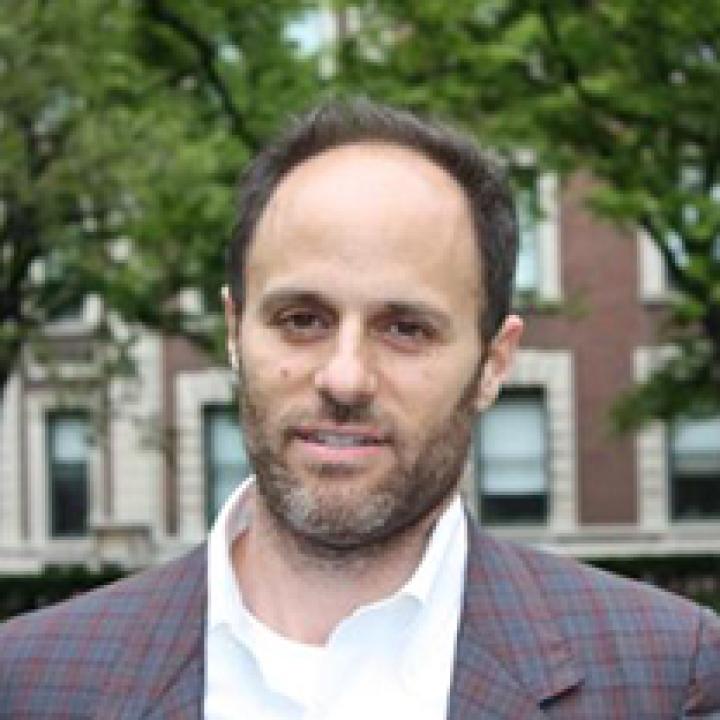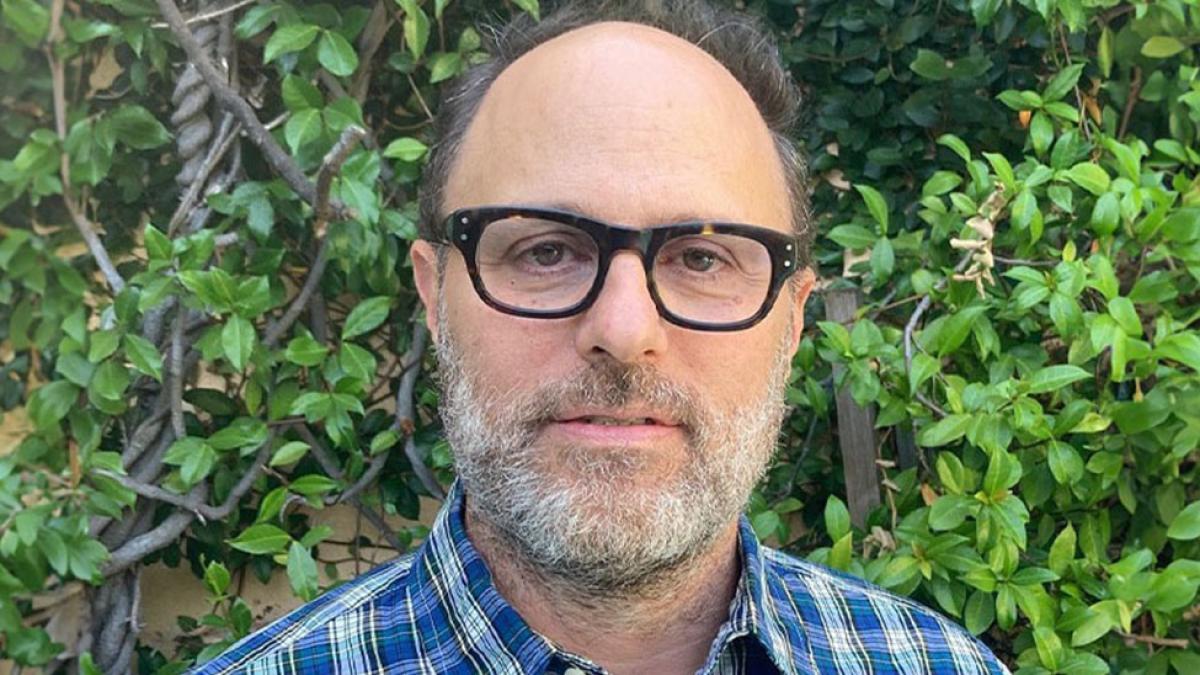Psychology Professor Anthony Mancini speaks to NJ.com about how losing a child to violence can intensify grief.

Anthony Mancini
Biography
Faculty Bio
Anthony Mancini is a clinical psychologist who studies the different ways people respond to potentially traumatic events, the human capacity for resilience, social factors in the stress response, and longitudinal patterns of response to acute stress.
Awards and Honors
- National Institutes of Health, 2022, Principal Investigator, NIH - SCORE grant, $440,000, 2022 - 2026 (1SC3GM144191-01)
- APA, Division 22, 2011, Harold Yuker Award for Research Excellence (awarded to the best paper published in Psychological Rehabilitation)
- National Institutes of Health, 2011, Loan Repayment Grant Program (renewal)
- National Institutes of Health, 2009, Loan Repayment Grant Program
Education
PhD, Columbia University, 2004
MS, Columbia University, 1999
M.Phil, Columbia University, 1999
BA, Hunter College, City University of New York, 1995
Research and Creative Works
Research Interest
Three primary questions have guided my research: 1) What are the different ways people respond to acute stress, potentially traumatic experiences and loss? 2) Why are some people resilient to these experiences? and 3) Most interestingly, why does acute stress, in some cases, directly improve functioning? My theoretical model, "psychosocial gains from adversity," proposes one explanation: acute stressors can stimulate affiliative behavior and strengthen social bonds. I use longitudinal data, trajectory analysis, experimental and quasi-experimental designs, network analyses, and causal inference techniques to address these questions. See Google Scholar for a list of my publications: https://scholar.google.com/citations?user=2MLAKg0AAAAJ&hl=en
A few key publications are here:
Prati, G., & Mancini A.D., (2021). The psychological impact of COVID-19 pandemic lockdowns: A review and meta-analysis of longitudinal studies and natural experiments. Psychological Medicine, 51, 202-211. [Altmetric score = 624]
Mancini, A.D., Westphal, M., & Griffin, P. (2021). Outside the eye of the storm: Can moderate hurricane exposure improve social, psychological, and attachment functioning? Personality and Social Psychology Bulletin, 47(12), 1722-1734.
Mancini, A.D. (2019). When acute adversity improves psychological health: A social-contextual framework. Psychological Review, 126, 486-505.
Mancini, A.D., Littleton, H.L., & Grills, A.E. (2016). Can people benefit from acute stress? Social support, psychological improvement, and resilience after the Virginia Tech campus shootings. Clinical Psychological Science, 4, 401-417. [Altmetric score = 233]
Bonanno, G.A., Westphal, M., & Mancini, A.D. (2011). Resilience to loss and potential trauma. Annual Review of Clinical Psychology.7, 511-535.
Mancini, A. D., & Bonanno, G. A. (2009). Predictors and parameters of resilience to loss: Toward an individual differences model. Journal of Personality, 77(6), 1805-1832.
Courses Taught
Past Courses
MHC 613: Prsptvs on Psttrmtc Strs Dsrdr
MHC 614: Crrnt Prspctvs on Grief Cnslng
MHC 622: Trauma & Loss: Empirical Prspc
MHC 677: Research & Program Evaluation
MHC 741: Threat Mgt:Clinical Approachs
MHC 830: Rsrch Dsgn: Spec Tpcs Semnr
MHC 831: Doctoral Dissertation Sem I
MHC 832: Doctoral Dissertation Sem II
MM 802: Maintain Matriculation-PhD
MM 802: Maintain Matriculation-Phd
PSY 112: Introduction to Psychology
PSY 230: Personality and Social Psych:
PSY 327: Mentored Lab Class Semester 1
PSY 328: Mentored Lab Class Semester 2
PSY 395: Indpndnt Study in Psychology
PSY 600: Grad Psy / Indpndnt Study
PSY 614: Crrnt Prspctvs on Grief Cnslng
PSY 622: Trauma & Loss: Empirical Prspc
PSY 630: Cnslng Theories and Tchnqs I
PSY 631: Cnslng Theories & Tchnqs II
PSY 651: Post Traumatic Stress & Cnslng
PSY 651: Topics in Psychology
PSY 658: Group Dynamics
PSY 660: Death, Loss, and Bereavement
PSY 661: Grief Counseling
PSY 677: Research & Program Evaluation
PSY 686: Appraisal and Assessment
PSY 689: Psychological Resilience
PSY 693: Rsrch Smnr in Mntl Hlth Cnslng
Publications and Presentations
Publications
(2019). When acute adversity improves psychological health: A social-contextual framework. Psychological Review, 126, 486-505
Mancini, A. D. Psychological Review.
Related News and Stories
Pace University Associate Professor of Psychology Anthony Mancini, PhD, has become a leading voice in research on trauma and resilience, sharing his insights on NPR’s Hidden Brain 2.0 podcast and in Forbes.
"People are considerably more resilient than is commonly assumed, so I did not anticipate substantial mental health effects," said Anthony Mancini (opens in new tab), a clinical psychologist at Pace University who was not involved in the current study but who published similar findings in the journal Psychological Medicine (opens in new tab) in 2021. Lockdowns may have cut both ways on mental health, Mancini added. Although they ripped people from their daily routines and increased isolation, they also cut down on stressful day-to-day hassles like commuting.
